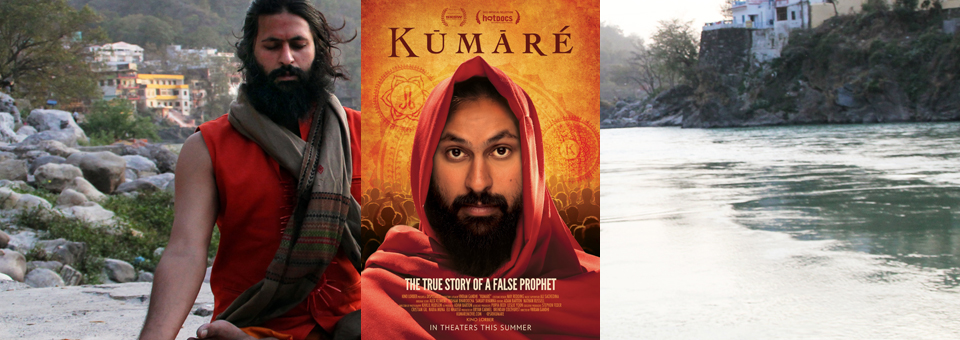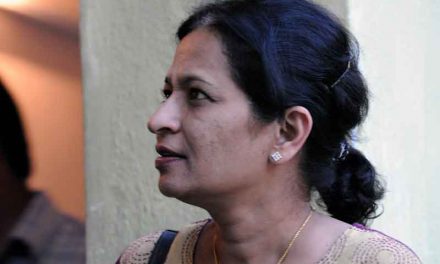Judgements of the Supreme Court of India aim to set right the many inordinate wrongs done over the years and have in the process resolved some crucial issues concerning Death Row individuals. Though convicted in some heinous crimes, the Court acknowledged in the last few days that these individuals too have some rights as far as their due process is concerned and in doing so, India has taken a big step towards fulfilling its obligations from International Conventions.
The judgement given by the full bench headed by the Chief Justice of the Indian Supreme Court overturned a judgement passed last year which made a false distinction for persons convicted of political violence related crimes in that they have no rights at all and should not be given any due process of law, even if they are terminally ill or suffering from mental ill-health. The news has been widely welcomed and is more progressive as it has upheld the importance of Article 21 of the Indian Constitution which governs the right to life and liberty. In writing the statement, the present Chief Justice Mr P Sathesivam has acknowledged the basic tenets of humanity and justice which have been overlooked for decades, and human rights bodies and civil society groups who have for such a long time advocated for upholding the rights of condemned persons see some reward for their efforts.
The judgement is still being fully understood published across 157 pages, but it is clear that it has set the path for due process before execution. This provides ample time for persons who are to be executed to meet family, clear due formalities and prepare themselves – courtesy that was not afforded in a recent high profile execution of Kashmiri Afzal Guru. He was not given time to meet with his family one last time and his body was not given to his family for any last rights. His case set back India in World forums and invited criticism for one which prides itself as a democratic state.
Some key conclusions from the judgement are that all decisions concerning mercy petitions will now be subjected to judicial review at any time; mental health has to be considered and a mentally ill person cannot be executed even if convicted of heinous or political violence crime; distinctions between political violence crimes and other crimes have been overturned; solitary confinement of individuals on Death Row awaiting decisions of their mercy petitions has been declared unconstitutional.
Though this judgement has only been passed in the cases of 15 individuals currently on Death Row, it is going to benefit the Sikh activist Devinderpal Singh Bhullar who has been on Death Row for close to 11 years. Professor Bhullar’s mercy petition has been rejected as has his appeal against the rejection of the mercy petition. After years of agonising wait and being kept in solitary confinement which has impacted his mental well-being, the present judgement has given a ray of hope to he and his family who have undergone extreme hardships and torture by the State themselves – his father was suspected to have been killed in state custody in the 1990s during the Sikh struggle. This can be considered a positive fulfilling step for Sikhs worldwide too who have been fighting for his release for a long period of time.
It seems Professor Bhullar is standing on the steps of eminent release and hopefully for the last time Sikhs in a united way should urge the present State Government of Punjab headed by the main Sikh party, the Akali Dal to take his case to finality. It is time Devinderpal Singh Bhullar was back in Punjab and his home which has been waiting eagerly for his return for almost two decades.





